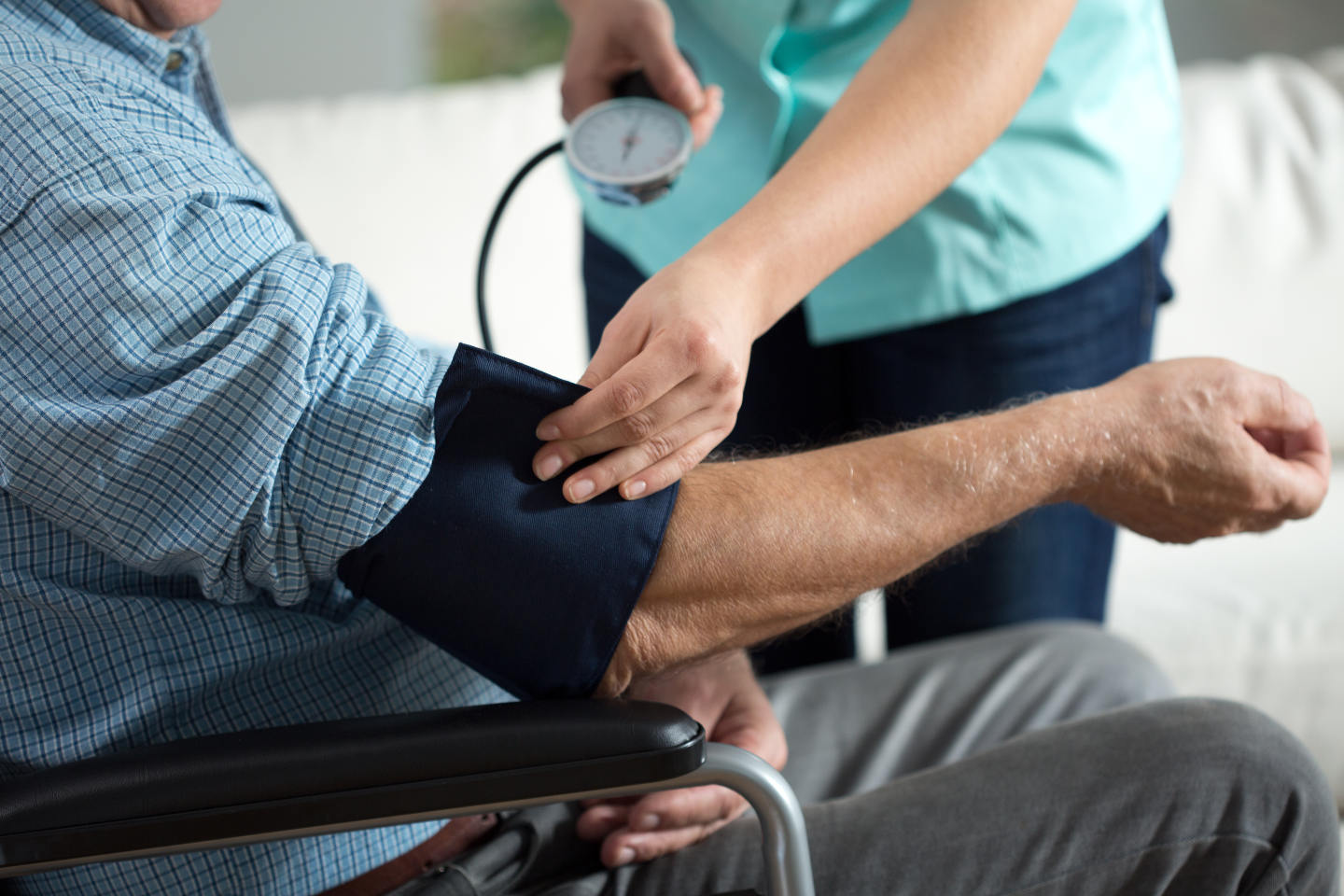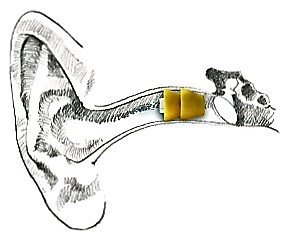Understanding Diabetes
There are two main types of diabetes, Type 1 and Type 2 and it is estimated that there is over 225,000 people living with diabetes in Ireland. Astonishingly, 50% of them may be unaware that they have diabetes. Diabetes can cause a lot of problems in the body, in particular, if it is not managed properly. Diabetes is also linked to a greater incidence of hearing loss. Let's talk about Diabetes.
Diabetes mellitus is a condition in which there is too much glucose in the blood. Glucose is needed for energy and comes from the digestion of carbohydrates which are made up of sugars and starches such as bread, rice pasta and cereals and those found naturally in fruit and dairy products. The blood-glucose increases because of a problem with insulin secretion.
In a recent Irish study, it was found that 12% of those over 75 have diabetes, with the majority having Type 2 Diabetes. Older people are more likely to develop Type 2 diabetes because of predisposing factors such as:
- Age-related decreased insulin secretion
- Age-related insulin resistance
- Obesity
- Decreased physical activity
- Medications
- Genetics
- Co-existing illness
Symptoms
The main symptoms of untreated diabetes, or high blood glucose, in older people are dry mouth, incontinence, sleepiness after main meals, blurry vision and recurrent infections. However, for many people, the onset is so gradual that there are no noticeable symptoms. As we said earlier, diabetes is also increasingly linked to hearing loss.
Every person over 60 years of age should be tested on a yearly basis for Type 2 diabetes. This involves booking in a fasting blood test with your GP, and the results are usually available within the week. High blood glucose in the short term can induce incontinence and infections and over a long period can lead to an increased risk of heart attacks and strokes, eye damage, foot ulcers and kidney damage.
Everyone with diabetes can reduce their risk of future ill-health by living healthily, controlling blood glucose levels and taking the medication prescribed for them at the correct times.
Treatment of diabetes is to keep blood glucose near to normal levels to avoid the complications associated with the condition. The treatment of Type 2 diabetes is primarily taking a healthy eating diet. exercising as much as feasible, taking medications as prescribed and for approximately one-third of people with Type 2 diabetes insulin therapy.
Annual Checks
Each person living with diabetes should, at a minimum, have an annual diabetes review. The checks that need to be considered are:
- A review of general health
- A review of nutritional status and dietary recommendations
- Discussions on current blood glucose levels and targets
- The recording and checking of weight, height, waist measurement, blood cholesterol and blood pressure
- Urine and blood tests
- Flu and vaccination plan
- An eye examination
- A review of driving guidelines and medications
- A check of your feet, checking for colour, temperature, feeling and pulses.
- A hearing test
If you or someone you know has diabetes you should have yearly hearing tests as part of your general medical workups. If you need a hearing test, call us for an appointment.







